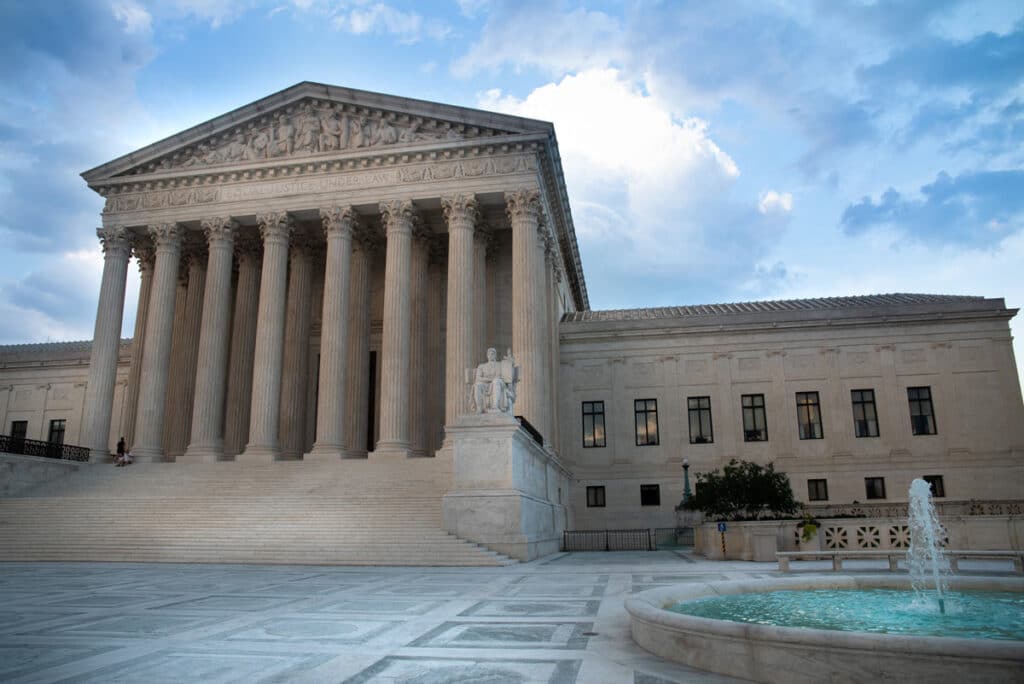
False Claims Act Supreme Court ruling overview:
- Who: The U.S. Supreme Court voted 8-1 last week that the federal government has the authority to dismiss whistleblower cases brought under the False Claims Act that it initially declined to intervene in.
- Why: Real estate agent Jesse Polansky had argued the government should not be allowed to seek the dismissal of a case after initially declining to intervene.
- Where: Nationwide.
The U.S. Supreme Court issued a ruling last week, following an 8-1 decision, that the federal government has the authority to dismiss cases brought by whistleblowers under the False Claims Act (FCA) that the high court initially declined to intervene in.
As part of its decision, the Supreme Court stipulated that the federal government would need to be able to reasonably explain why it would want a complaint to be dismissed.
The False Claims Act, as it’s written, grants the federal government the ability to seek to dismiss what is known as a “qui tam” whistleblower case at any point, so long as it has decided to intervene in the case itself.
The high court ruled the federal government would have the ability to seek a dismissal of a case even in the event it initially had chosen to decline to intervene in the complaint at its outset.
Act grants government authority to dismiss cases in event there are objections from a whistleblower
In its decision, the Supreme Court rejected an argument by realtor Jesse Polansky, who claimed the False Claims Act prevents the federal government from seeking a dismissal of a whistleblower lawsuit over a relator’s objections, in the event the court had initially declined to intervene.
“The government may seek dismissal of an FCA action over a relator’s objection so long as it intervened sometime in the litigation, whether at the outset or afterward,” Justice Kagan wrote for the court.
Polansky had accused UnitedHealth unit Executive Health Resources Inc. — now known as Optum — of certifying services that were charged to government healthcare programs that he argued should have been classified as outpatient care, which is less expensive.
As it stands, the False Claims Act grants the government the authority to dismiss the case in the event there are objections from a whistleblower, while its qui tam provision lets private parties file a lawsuit on behalf of the government, which is then notified and given 60 days to decide whether it wants to intervene.
Polansky, meanwhile, had argued the law was not specific about when the federal government’s dismissal authority would apply, and that the government should be unable to use its dismissal authority later on in a case after initially declining to intervene.
Fraud cases in the healthcare industry have been on the rise recently, with the U.S. Department of Justice overseeing more than $5.6 billion in settlements involving false claims during fiscal year 2021.
Do you agree with the Supreme Court’s decision that the federal government should be allowed to dismiss whistleblower cases even if they initially declined to intervene? Let us know in the comments!
Don’t Miss Out!
Check out our list of Class Action Lawsuits and Class Action Settlements you may qualify to join!
Read About More Class Action Lawsuits & Class Action Settlements:















One thought on Supreme Court rules gov’t has authority to dismiss whistleblower False Claims Act cases
Add me please